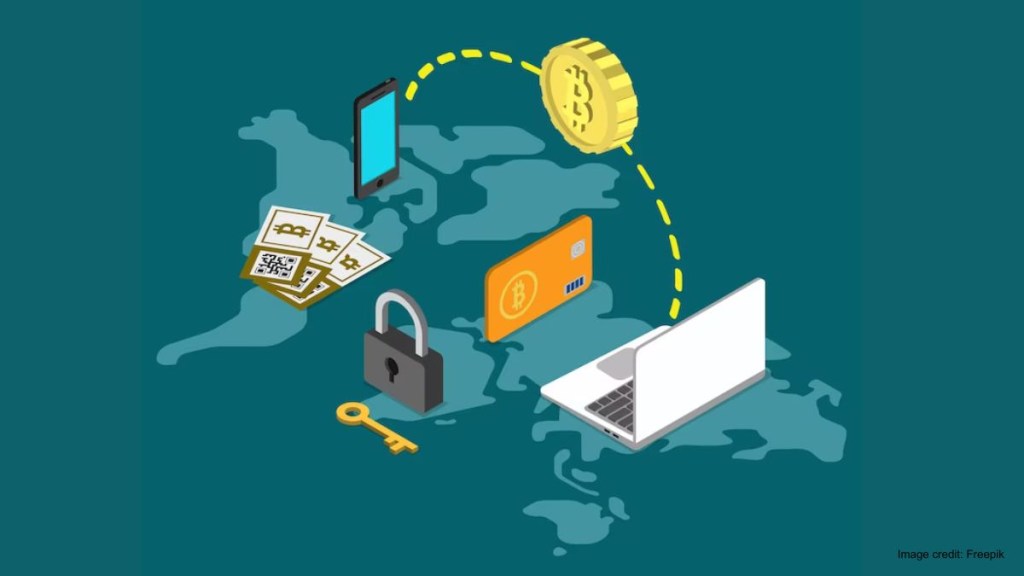It is believed that account abstraction can be a real changer to drive fast adoption of Web3.0. Also known as ‘smart accounts’, this can allow the onboarding of billions of users to Web3.0. Experts believe account abstraction coupled with the expansion of dApps and the introduction of zero-knowledge Ethereum Virtual Machine (zkEVM) rollups, is expected to see a larger adoption in Asia. “With the development of account abstraction and other advancements in Web3.0 technologies, we can expect a more seamless and user-friendly experience for individuals and businesses. Web3.0 has the potential to revolutionise various industries such as finance, gaming, and social media, among others, by providing transparency, trust, and user-oriented services,” Rajagopal Menon, vice president, WazirX, a cryptocurrency platform, told FE Blockchain.
The Web3.0 market capitalisation stands at $27.5 billion and can reach $81.5 billion by 2030, as per insights from Metav.rs, a market research platform. This metric rise is attributed to the demand for data privacy through the decentralised identity of Web 3.0. Apart from these industry experts believe that another factor contributing to these numbers could be the development of account abstraction which is expected to facilitate the onboarding of many users in Asian countries to Web3.0 platforms.
From what it is understood, account abstraction has the ability to let users access all the dApps without making separate accounts. The cryptographic techniques which account abstraction uses may enable the financial sector to provide more transparent and secure solutions. Eventually, “This may improve the financial sector through private data protection methods, zero-knowledge proofs and homomorphic encryption, among others. Even if it is in the early stages of development, it can potentially revolutionise privacy in the digital age.” Bharat Patel, chairman, director, Yudiz Solutions Ltd, a blockchain and AI-based enterprise solution, explained.
Furthermore, account abstraction with its programmable functionality can enable features such as biometric verification and social recovery, which might eventually enhance security and reduce privacy breaches. “By abstracting away the complexity of managing multiple accounts and passwords, account abstraction will make it easier for users to participate in the Web3.0 ecosystem. However, no single technology can guarantee complete privacy and there are risks associated with using the internet. So, users should always take steps to protect their own privacy,” Sumit Ghosh, CEO, co-founder, Chingari, a Web3.0 short video platform, concluded.

